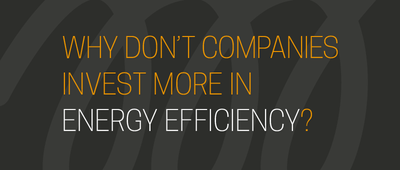Putting a price on carbon is not easy; energy efficiency can help
(ACEEE blog, 26 Sep 2019) Carbon pricing has gained ground worldwide but has also drawn increased pushback in recent years, becoming a political issue, as illustrated in the current Canadian election.
To accelerate its success, more evaluations are needed to understand the economic impacts of existing policies and the promising role of energy efficiency.
Economists routinely recommend putting a price on heat-trapping carbon emissions as a primary strategy to reduce emissions and mitigate climate change. But for all this attention, a key question too often gets overlooked: how can carbon pricing encourage more energy efficiency, which can halve carbon emissions? Carbon pricing can encourage efficiency in two ways: it makes the economics of efficiency more favorable by raising energy prices; and often provides funds to invest in efficiency programs.
According to the World Bank, 57 carbon pricing initiatives have been adopted globally —six more jurisdictions than a year ago, covering about 20% of global emissions. Such pricing is particularly common in Europe. In North America, 13 states and provinces have carbon pricing in place, with a national backstop in place in Canada for provinces without their own carbon price. Many of these initiatives began years ago; the Northeast Regional Greenhouse Gas Initiative (RGGI) began in 2009, a carbon tax in British Columbia in 2008, and the California cap and trade program in 2013.
Despite some recent forward momentum, carbon pricing is facing political challenges in Canada, as well as in Washington state, Oregon, Australia, and the US Congress.
Climate is a major issue in Canada’s election
Our neighbor to the north is in the midst of a parliamentary election, with votes to be cast on October 21, 2019. Climate policy is perhaps the number one issue, with the Liberal Party of Prime Minister Justin Trudeau defending its climate policies, including the backstop carbon tax it began earlier this year, and the major opposition party, the Conservatives, making repeal of the carbon tax a cornerstone of its campaign (party positions are discussed here). In 2018 and 2019, opposition to carbon pricing contributed to Conservative provincial victories in Ontario and Alberta among other issues. Since those elections, Ontario has repealed its cap and trade program and Alberta has eliminated its carbon tax.
External link
![]() ACEEE blog, 26 Sep 2019: Putting a price on carbon is not easy; energy efficiency can help
ACEEE blog, 26 Sep 2019: Putting a price on carbon is not easy; energy efficiency can help







